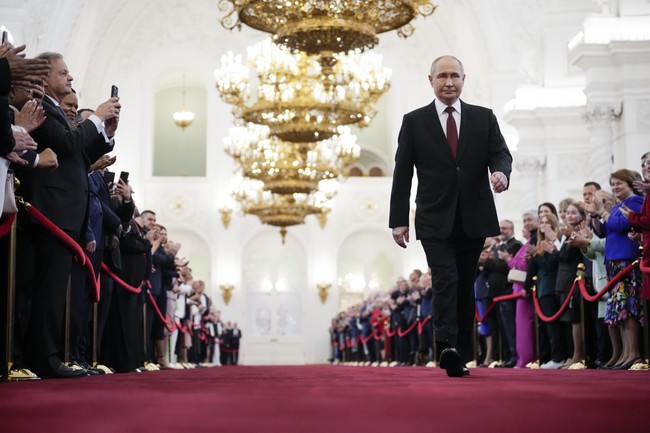Volvo Cars has officially reversed its previous commitment to selling only electric vehicles (EVs) by 2030, citing the uneven pace of global adoption and concerns over consumer demand.
The Sweden-based automaker, owned by China’s Geely Holding, announced on Wednesday that it now expects 90 to 100 percent of its cars to be either fully electric or plug-in hybrids by the end of the decade, allowing for the possibility of mild hybrid models remaining in its lineup.
The decision marks a shift from Volvo’s 2021 pledge to become an entirely electric car company by 2030. CEO Jim Rowan acknowledged the challenges in the transition to EVs, stating, “It is clear that the transition to electrification will not be linear, and customers and markets are moving at different speeds of adoption.”
Shotgun Pistol – No FFL Required, Shipped Directly To Your Home
Volvo’s decision comes amid broader concerns within the auto industry about the slower-than-expected demand for electric vehicles.
A combination of high costs, limited charging infrastructure, and affordability concerns has prompted many consumers to turn to hybrids or traditional gas-powered vehicles instead.
Other automakers have faced similar challenges. In May 2023, Mercedes-Benz also backed off from its EV-only target for 2030, noting that fewer customers were opting for fully electric cars than initially projected.
In its latest statement, Volvo emphasized its commitment to electrification, with a long-term goal of full EV adoption. “We are absolute in our belief that our future is electric,” Rowan said, reiterating the company’s vision. However, he also noted that the company must remain “pragmatic and flexible” as it navigates the transition.
The company’s adjusted strategy anticipates that by 2025, between 50 to 60 percent of Volvo’s global sales will consist of electrified vehicles, including both fully electric cars and hybrids.
In the second quarter of 2024, Volvo reported that 26 percent of its sales were fully electric vehicles, while EVs and hybrids together accounted for 48 percent of its overall lineup.
Volvo, along with other automakers, is also preparing for the potential impact of tariffs on electric vehicles manufactured in China, both in Europe and the United States.
Such tariffs are expected to affect pricing and supply chains, further complicating the EV transition. China plays a dominant role in the EV supply chain, controlling much of the production of key components like batteries.
Despite these challenges, Volvo continues to see electrification as the future of the auto industry. The company stressed that the adjustment in its timeline does not alter its long-term investment plans or its capital expenditures, which remain focused on electric vehicle technology and sustainability initiatives.
The company’s strategy is largely influenced by consumer hesitancy, particularly over charging infrastructure. A study conducted by J.D. Power in May 2024 found that 52 percent of car shoppers were reluctant to purchase electric vehicles due to concerns about the availability of charging stations, a figure that has grown over the past year.
High interest rates on auto loans and the higher upfront costs of EVs have also driven many buyers towards hybrid models, which offer a more affordable option and alleviate concerns about range and charging.
The opinions expressed by contributors and/or content partners are their own and do not necessarily reflect the views of LifeZette. Contact us for guidelines on submitting your own commentary.
Read the full article here


![Popular Carmaker Pulls The EV Plug, Backs Out Of Its 2030 Agenda [WATCH] Popular Carmaker Pulls The EV Plug, Backs Out Of Its 2030 Agenda [WATCH]](https://www.lifezette.com/wp-content/uploads/2024/09/2024.09.05-12.51-lifezette-66d9a963c5820.jpg)


![I Root for Mexico and Canada Because I Hate Trump [WATCH] I Root for Mexico and Canada Because I Hate Trump [WATCH]](https://www.rvmnews.com/wp-content/uploads/2025/02/2025.02.22-09.34-rvmnews-67b99a107c73a.jpg)




![Corporate Media Went Into Full Meltdown Mode Over Elon’s Chainsaw Moment [WATCH] Corporate Media Went Into Full Meltdown Mode Over Elon’s Chainsaw Moment [WATCH]](https://www.rvmnews.com/wp-content/uploads/2025/02/2025.02.21-01.13-rvmnews-67b87be20ff41.jpg)